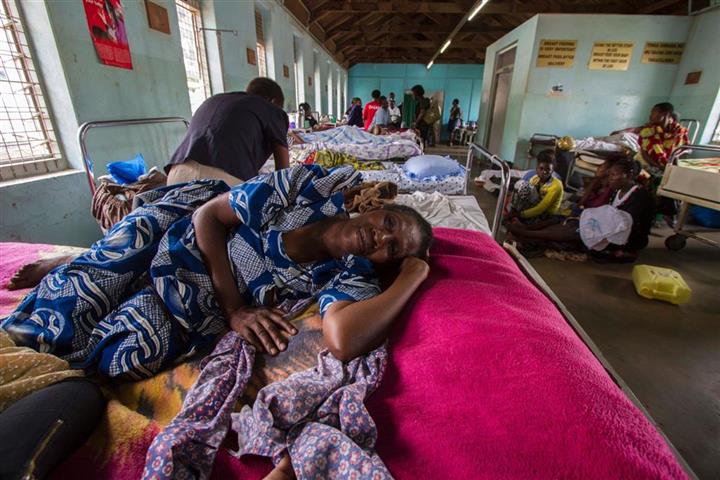The report revealed an alarming stagnation in providing people worldwide with quality, affordable and accessible healthcare.
It exposes that 2 billion people are presently facing up with severe financial hardship as paying out-of-pocket for healthcare services and medicines.
“The Covid-19 pandemic was a reminder that healthy societies and economies depend on healthy people,” said Dr. Tedros Adhanom Ghebreyesus, WHO Director-General.
According to Ghebreyesus, the fact that so many people are unable to benefit from essential, affordable, quality health services puts not only their own health at risk, but also the stability of communities, societies and economies.
“We urgently need stronger political will and more aggressive investments in health as well as a decisive shift to transform health systems based on primary health care,” Ghebreyesus emphasized.
The study showed that over the past two decades, less than one-third of nations improved health care coverage and reduced catastrophic out-of-pocket spending on health.
It noted that most countries for which data are available on both dimensions of universal health coverage (96 of 138) are lagging in service coverage, financial protection, or both.
While care for infectious diseases has made significant progress since 2000, in recent years there has been little or no improvement in service coverage for non-communicable diseases and reproductive, maternal, newborn and child health services, the experts said.
pll/npg/lpn









